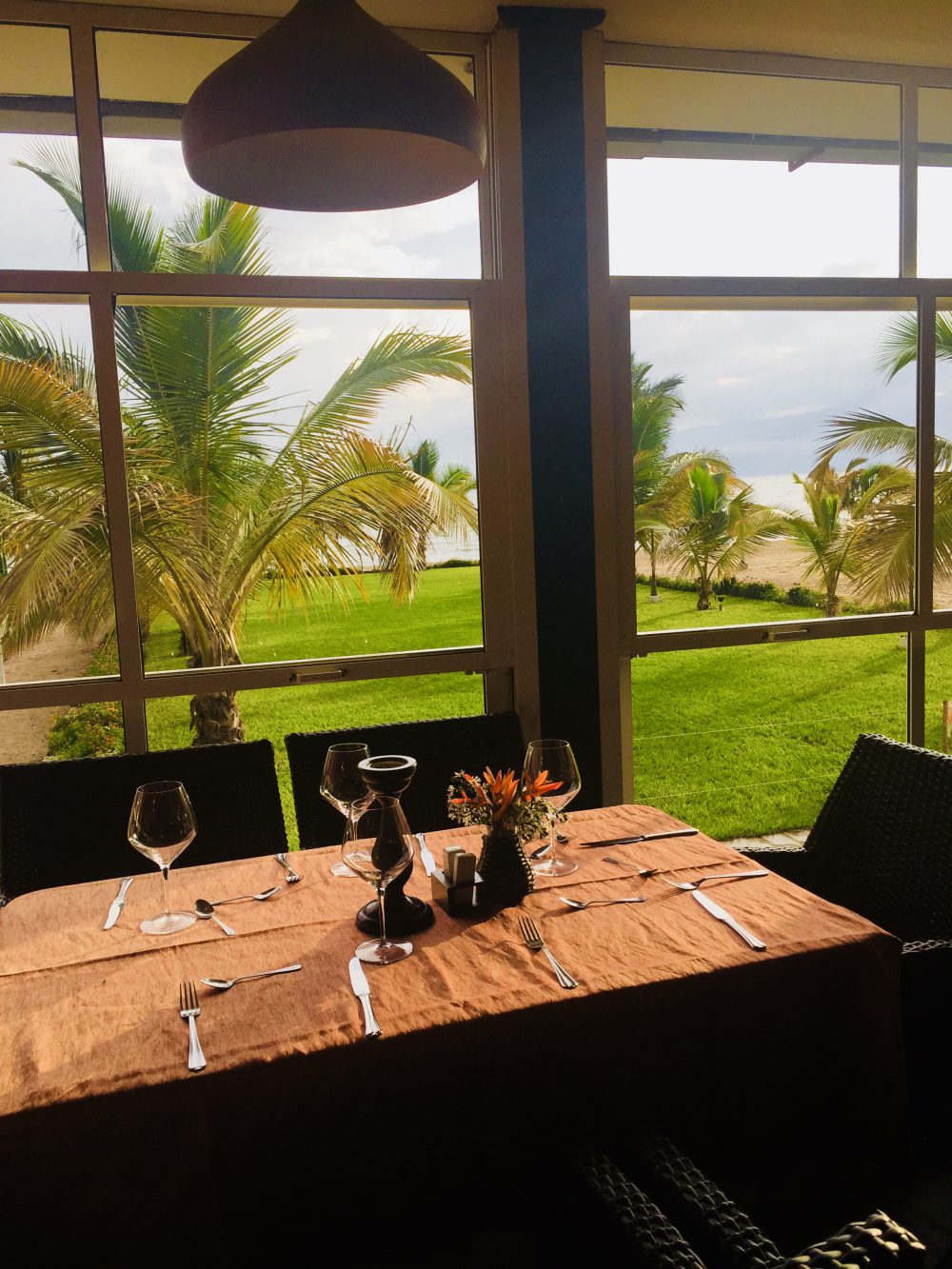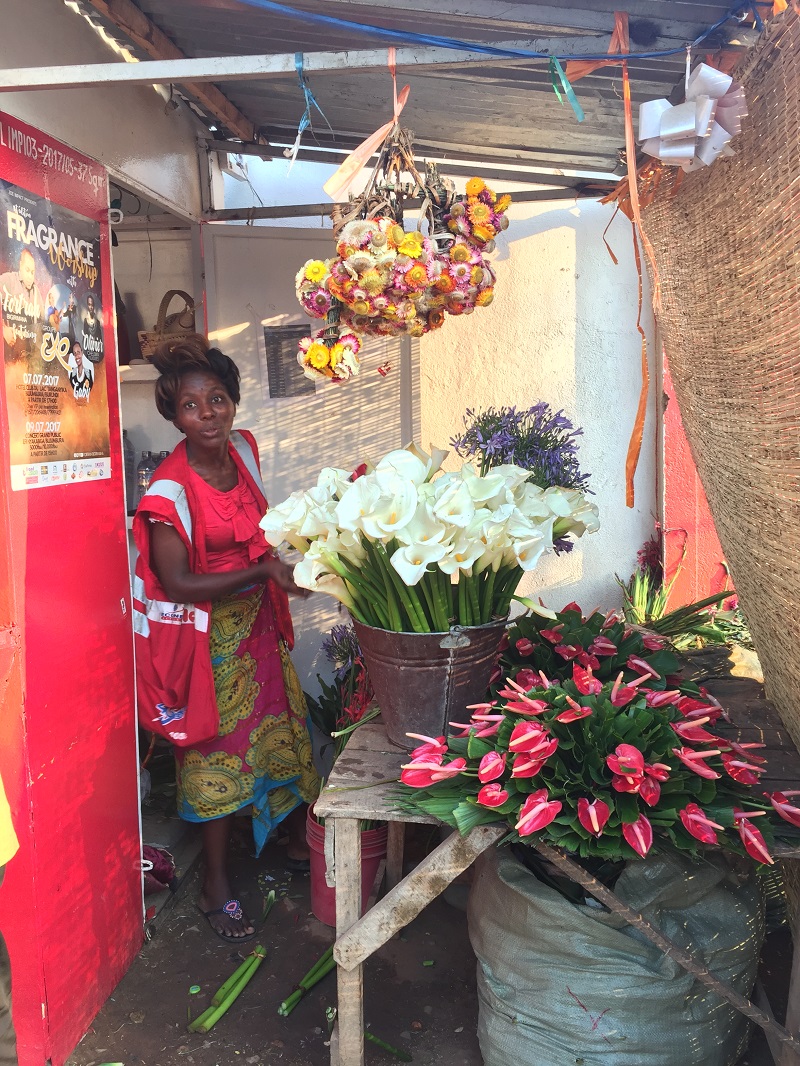I am living in Burundi, a country that has a population of only 11 million. With an area of 27,834 km², Burundi is slightly larger than Nghe An province of Vietnam (16.493 km²).
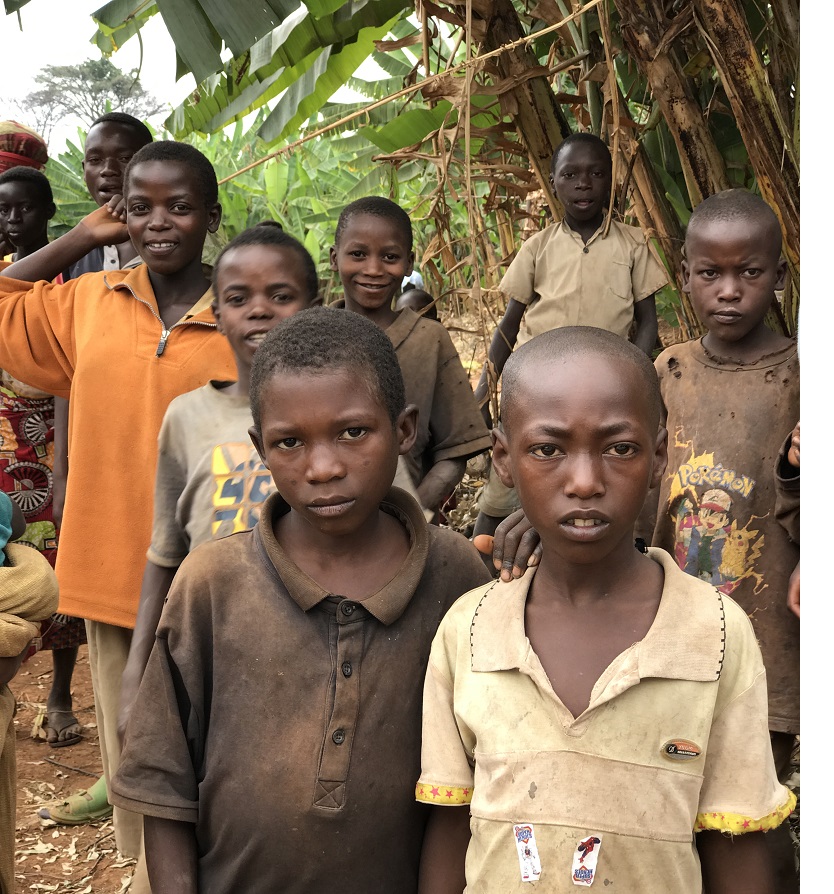
The country’s terrain is hilly and mountainous, covered mostly with shrubs and no farm, forest or industrial crops. Burundi is a landlocked country with little trading with the outside world.
I understand why they are poor. Sometimes when my emotions are overpowering, I think I should stay and show the people how to grow and store crops, or to find a way to enhance their handicraft products. But then I realize it would not be easy due to the country’s political issues, war threats and an economy that is not open to world trade. Burundian people’s mindsets are still primitive and they do not pay a lot of attention to rules or their futures. There have been many Belgians and Germans that came here, only to give up. I feel so small.
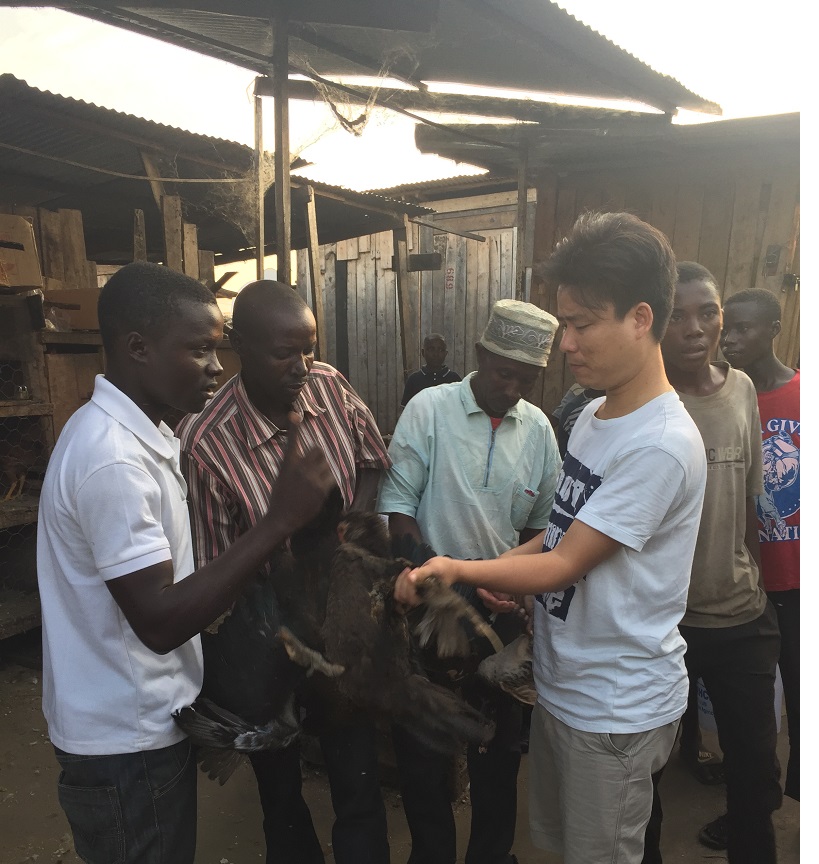
Their currency – Burundi’s franc is valued 10 times more than Vietnam dong. But it only matters to rich people. Rich Burundians are the ones working for the government (there are more than 300 categories of taxes and their GST is 18%), and the government live on their citizens. There is little income from agriculture or trading.
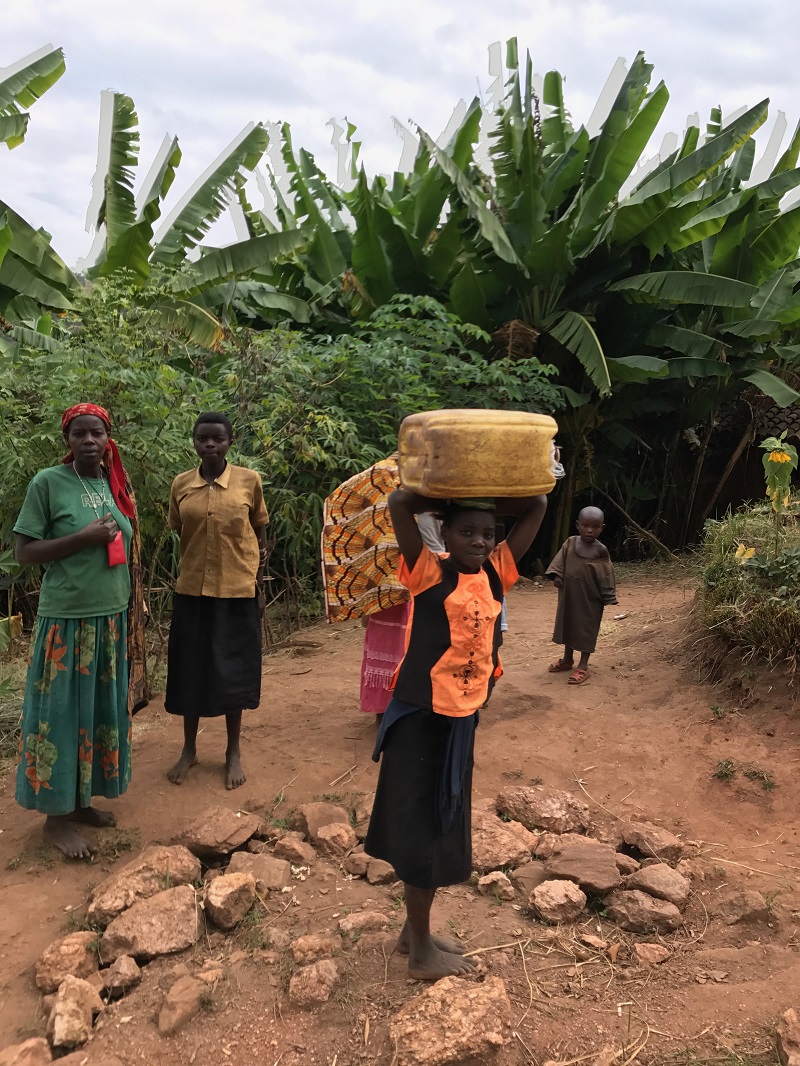
While one meal of a rich Burundian can be 50-70 USD, the cost of a meal of a poor Burundian is less than 1 USD. Most Burundians have only 1 meal a day, mainly bananas, lentils and potatoes, to cut down on their spending. Meat prices here are relatively cheap compared to Vietnam, at around 5$ per kg of beef and 4$ per kg of pork. However, not everyone in Burundi can afford it.
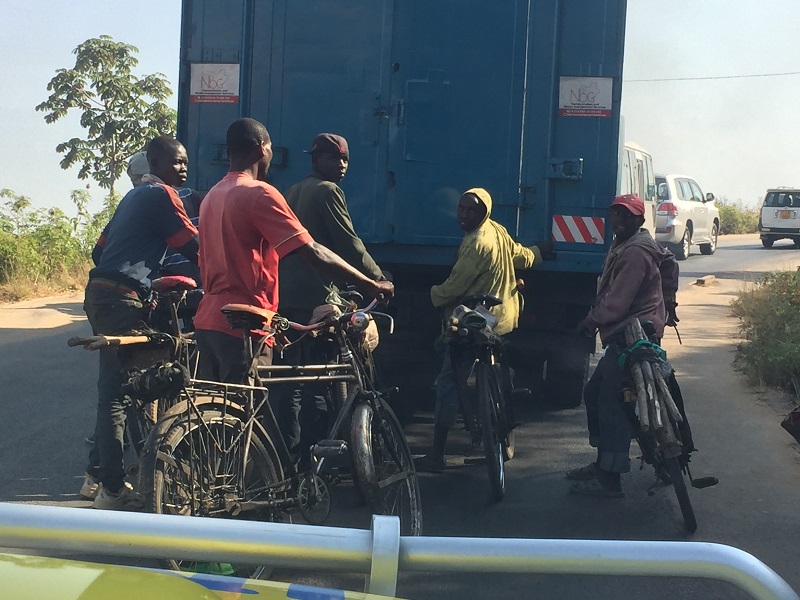
Many that are considered “office workers”, who can be seen neatly in suits and dress shoes, has an income of 100 USD a month. A teacher’s monthly income in Burundi is around 50 USD. And that of a maid is around 15 USD.
While traveling on the streets, you will easily see a lot of Burundians just sitting around on the streets. They are unemployed (a wasted human resource of the world that is not utilized due to political reasons)

The crowd that ran after me in Ngozi.
In a place for the rich, despite being in one of the poorest countries in the world, there are almost 200 restaurants and hotels.
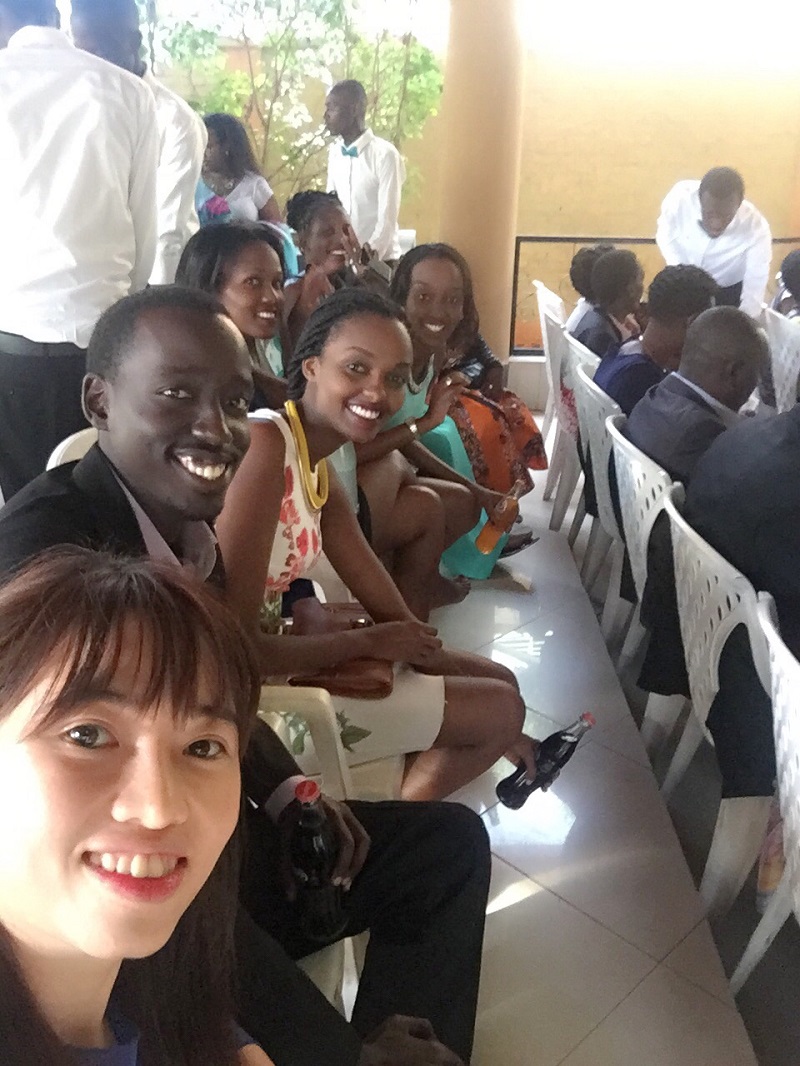
Bora Boro restaurant is right next to Tanganyka. One side of the restaurant is the natural lake, and on the other side is a swimming pool, where kids in rich families in Bujumbura are taken to on leisure weekends.
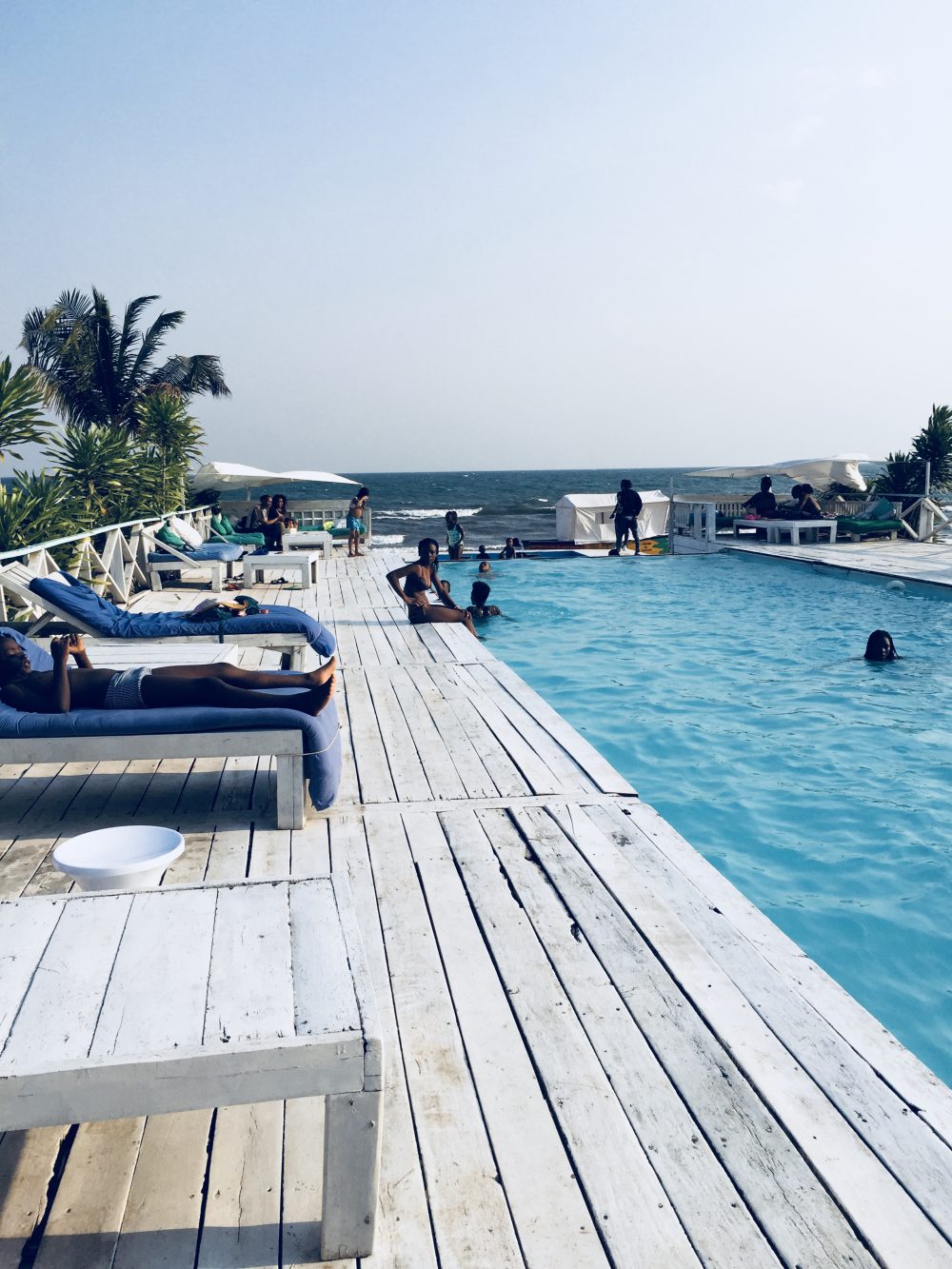
5-star restaurants and hotels in Bujumbura:
